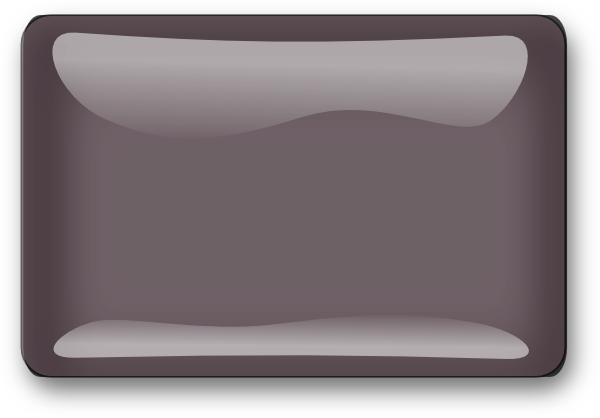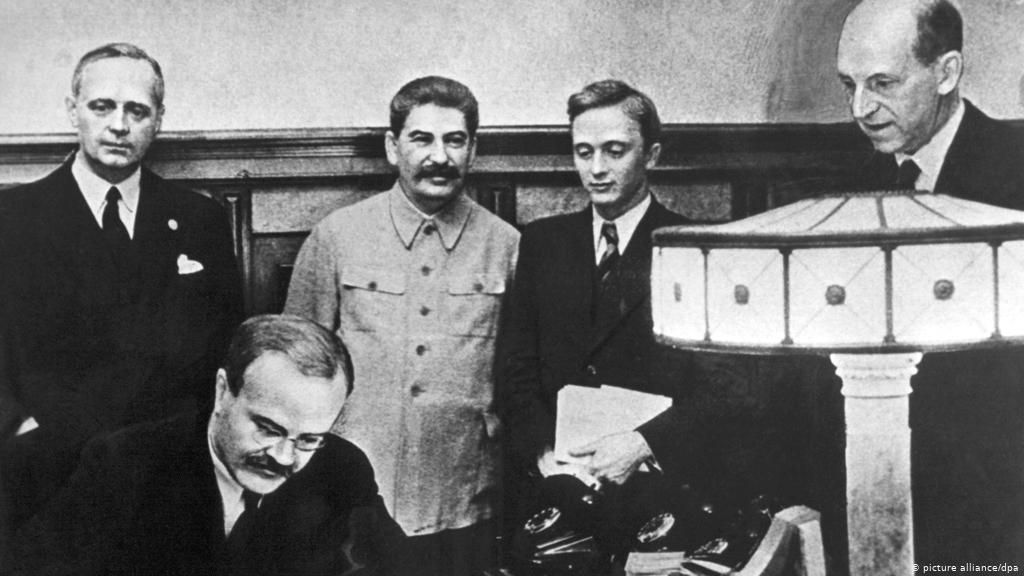Press Release: People of Color and Gender Equality Working Group
Two documents. Which is real? And now the original: [Lenin quotation source.] Raw text versions follow: 1. Press Release: People of Color and Gender Equality Working Group For our racist and sexist society, freedom of speech means freedom for whites and males to control the media, a practice which in all countries, including even the […]
Press Release: People of Color and Gender Equality Working Group Read More »







